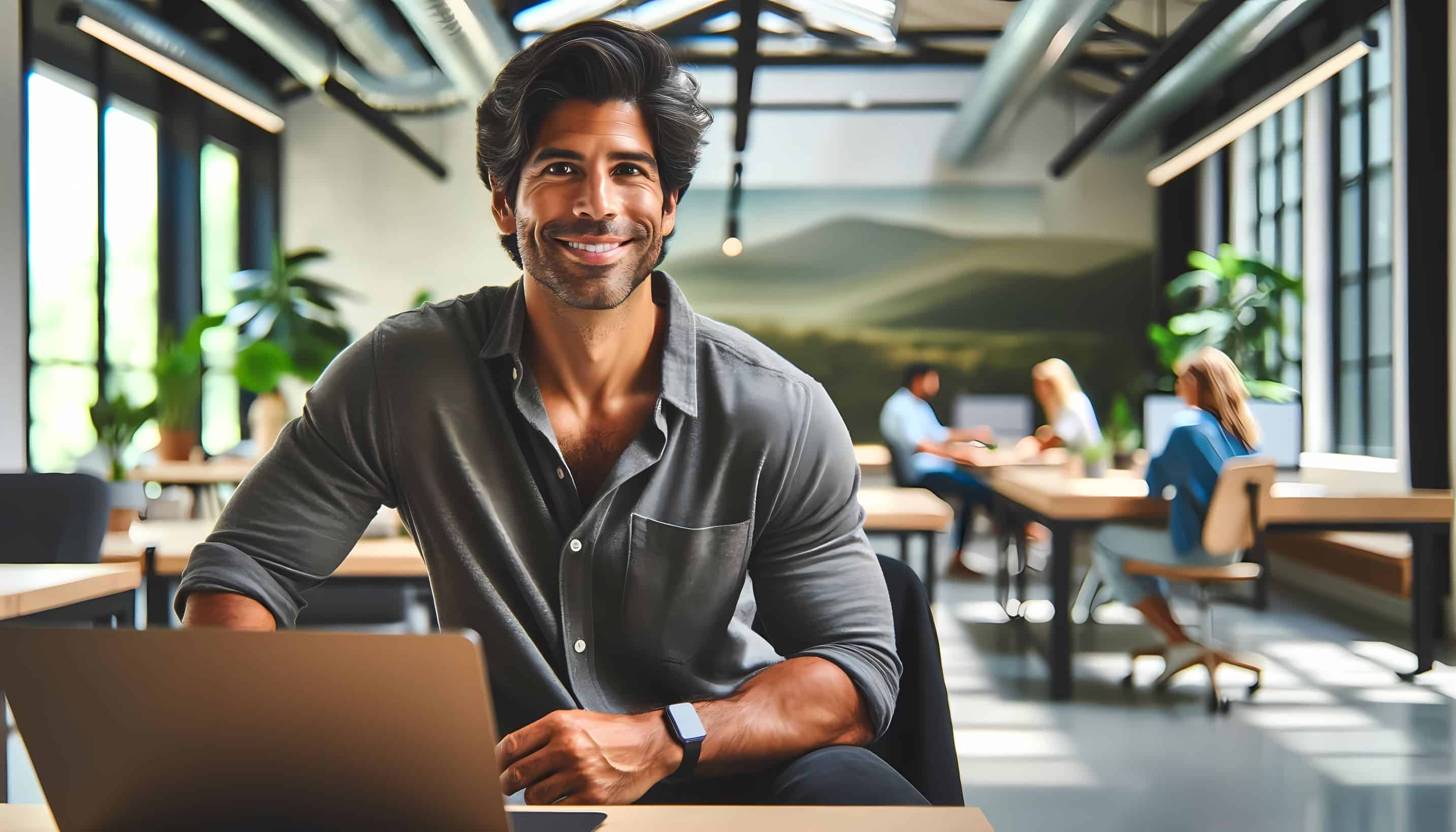Keeping an open mind. Have you ever noticed how a simple family dinner or a catch-up with friends can expose radically different and firmly held opinions? Whether discussing trivial topics or news of the day, not everyone agrees.
We live in a world of complex issues, diverse perspectives, and differing life experiences. And finding common ground can feel like a Herculean task, even with those we love and care about.
Keeping An Open Mind Challenges Us
Keeping an open mind can be challenging for many reasons. Doing so often involves embracing uncertainty and admitting that there’s a lot we don’t know, which can be uncomfortable. And there are many potential reasons people struggle with entertaining new thoughts, ideas, or concepts. Let’s discuss the topic!
Cultural And Educational Backgrounds

Cultural and educational backgrounds may play a significant role in being open-minded. Most people learn to value certainty and feel pressure to appear knowledgeable and confident. Admitting that we don’t know everything might be interpreted as a sign of weakness when, in reality, it’s a sign of strength and self-awareness.
FAQ on Keeping an Open Mind
A: Keeping an open mind is crucial for personal growth and learning. It allows us to be receptive to new ideas, engage in meaningful dialogue, and understand others better.
A: You can become more open-minded by actively seeking diverse perspectives, asking questions, and being willing to listen and change your views based on new information.
A: No, open-mindedness doesn’t mean you agree with every idea. Instead, you’re willing to listen to differing perspectives before forming an opinion.
A: Like anything, balance is critical. Being open-minded doesn’t mean accepting all information uncritically; it means being open to evaluating different viewpoints thoughtfully.
A: Having life experience can expose you to new cultures and ideas, challenging your preconceptions and broadening your perspective, enhancing open-mindedness.
A: Many factors, including fear of the unknown or being wrong, comfort in familiarity, and social pressures, can make it challenging for some to maintain an open mind.
Media Exposure
Relying on a handful of media sources can narrow our worldview as we see their repeated messages as the truth. Doing so creates an echo chamber, reinforcing our beliefs and shielding us from diverse viewpoints that make us question the narratives of chosen channels and outlets.
Social Dynamics
Like media exposure, social dynamics is another potential reason someone may struggle with keeping an open mind. Humans are social creatures, and we often seek the approval of our peers. Going against the grain of popular opinion or the prevailing mindset of our ‘group’ or ‘mob think’ requires courage and the willingness to stand alone, which isn’t easy.

Personal Bias In Keeping An Open Mind
In addition to the factors mentioned above, our biases can stand in the way of keeping an open mind. Confirmation bias leads us to favor information that confirms our existing beliefs, and it can be hard to challenge these beliefs without feeling like we’re losing a part of our identity.
Fear Of Being Wrong
The fear of being wrong can tightly grip our minds, often holding us back from entertaining ideas or concepts that conflict with our existing beliefs. It’s a human trait to seek consistency in our thought process. Admitting we’re wrong can feel like a blow to our ego, exposing vulnerabilities we’d rather keep hidden.
The Essentials of Keeping An Open Mind
At its core, an open mind is the willingness to entertain different ideas and opinions without judging or dismissing them. It’s about giving a fair hearing to viewpoints that contrast with our own, even if they initially make us uncomfortable. So, why is this open-minded approach foundational to personal growth and societal harmony?
Curiosity Over Comfort
An open mind entertains curiosity. Being curious and asking questions requires us to leave our comfort zones and examine what we think we know. Doing so invites a world of learning and new experiences rather than confining ourselves to the familiar.
Flexibility Amidst Firmness
Keeping an open mind balances being flexible in our thinking and firm in our core values. This flexibility doesn’t mean we waver on everything; it allows us to adapt and evolve our viewpoints as we gather new information.
Empathy in Action
Keeping an open mind is a practice of compassion. It means actively trying to understand where others are coming from, which can deepen our connections and reduce conflicts. It’s about recognizing that behind every opinion is a person with their own story.
The Art of Listening
Truly open-minded people are great listeners. They’re not just waiting for their turn to speak; they’re genuinely interested in hearing and considering other perspectives. You can engage in a dialogue by being a good listener, where understanding begins.
The Strength To Challenge
An open mind challenges our cognitive biases and confronts the echo chambers we may unknowingly reside in. It takes strength to challenge the status quo, but in doing so, we pave the way for innovation and progress.
In short, an open mind is not just about being agreeable or passive. It’s an active, ongoing process that promotes growth, learning, and connection. It’s a commitment to navigating the intricate tapestry of human thought with grace and curiosity.
Remember, you might not have the power to change others, but you can undoubtedly transform your approach to life. Embrace openness, curiosity, and understanding; these are the seeds of change.
Be The Inspiration To Welcome New Thoughts, Ideas, And Beliefs
Remember, we inspire by example, not by insistence. By embodying the openness we value, we light a path for others to follow. Change starts from within and emanates outwards.
So, if you find yourself being the close-minded person in your group, embrace a new opportunity to cultivate curiosity, be comfortable with being wrong sometimes, and value growth over comfort. It’s a journey, not a destination, and every step toward open-mindedness is a step toward a more nuanced understanding of the world.





